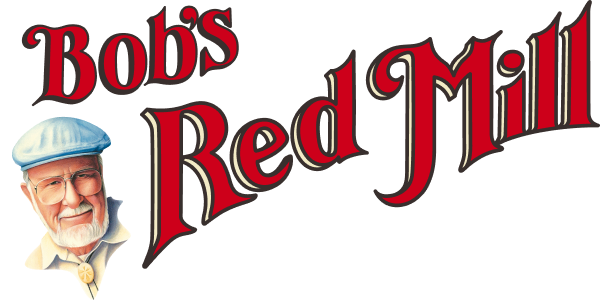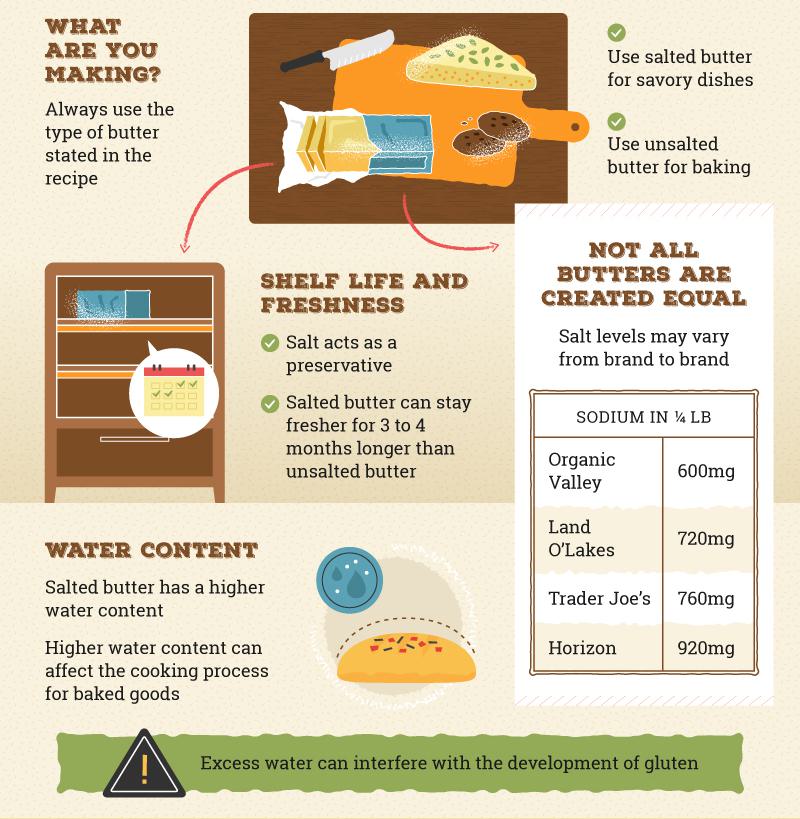


 When we are cooking or baking, there are so many different types of ingredients to fuss over. What variety of fruit should we use, is it okay to use dried herbs instead of fresh, and exactly what type of flour will work best for this recipe? The questions are never ending, especially since we have established many different varieties of almost every food imaginable. It can be even tougher if you are trying to eat healthy or stay within the limits of a certain diet plan. There are a few ingredients that, if you are like me, you may tend to take for granted. These are the ones that are sitting in your cupboard or your refrigerator, that get used and replaced often enough that you never seem to worry about it, and that you rarely actually measure out. I think of olive oil first when I think of these ingredients, but butter is another one that I do not pay nearly enough attention to sometimes. The truth is, butter can be as finicky as any other ingredient and it can lead to undesired results if you do not use it correctly.
The most common question when it comes to butter is, What is the difference between salted and unsalted butter? If you are like me, you probably just use whatever is in the fridge right now, and do not pay too much attention to it. However, for strict bakers and chefs, this can be a bad habit. We need to understand the differences between the two types of butter before we decide how important it is to stick to the recipe instead of just using what we have on hand. Also, depending on what you are making the most of, understanding the differences between salted and unsalted butter can change what you decide to keep on hand for the majority of your cooking and baking.
When we are cooking or baking, there are so many different types of ingredients to fuss over. What variety of fruit should we use, is it okay to use dried herbs instead of fresh, and exactly what type of flour will work best for this recipe? The questions are never ending, especially since we have established many different varieties of almost every food imaginable. It can be even tougher if you are trying to eat healthy or stay within the limits of a certain diet plan. There are a few ingredients that, if you are like me, you may tend to take for granted. These are the ones that are sitting in your cupboard or your refrigerator, that get used and replaced often enough that you never seem to worry about it, and that you rarely actually measure out. I think of olive oil first when I think of these ingredients, but butter is another one that I do not pay nearly enough attention to sometimes. The truth is, butter can be as finicky as any other ingredient and it can lead to undesired results if you do not use it correctly.
The most common question when it comes to butter is, What is the difference between salted and unsalted butter? If you are like me, you probably just use whatever is in the fridge right now, and do not pay too much attention to it. However, for strict bakers and chefs, this can be a bad habit. We need to understand the differences between the two types of butter before we decide how important it is to stick to the recipe instead of just using what we have on hand. Also, depending on what you are making the most of, understanding the differences between salted and unsalted butter can change what you decide to keep on hand for the majority of your cooking and baking.

 Overall, the differences between salted and unsalted butter are actually fairly small. If you prefer to have more control over your recipes, or are baking finicky baked goods, then definitely plan to have both on handor just unsalted if you want to add your own salt. However, if you are regularly cooking dinners and more savory items, then you can typically rely on salted butter for your cooking needs and even an additional flavor kick! Try out both and let us know your thoughts on the great butter debate!
Overall, the differences between salted and unsalted butter are actually fairly small. If you prefer to have more control over your recipes, or are baking finicky baked goods, then definitely plan to have both on handor just unsalted if you want to add your own salt. However, if you are regularly cooking dinners and more savory items, then you can typically rely on salted butter for your cooking needs and even an additional flavor kick! Try out both and let us know your thoughts on the great butter debate!